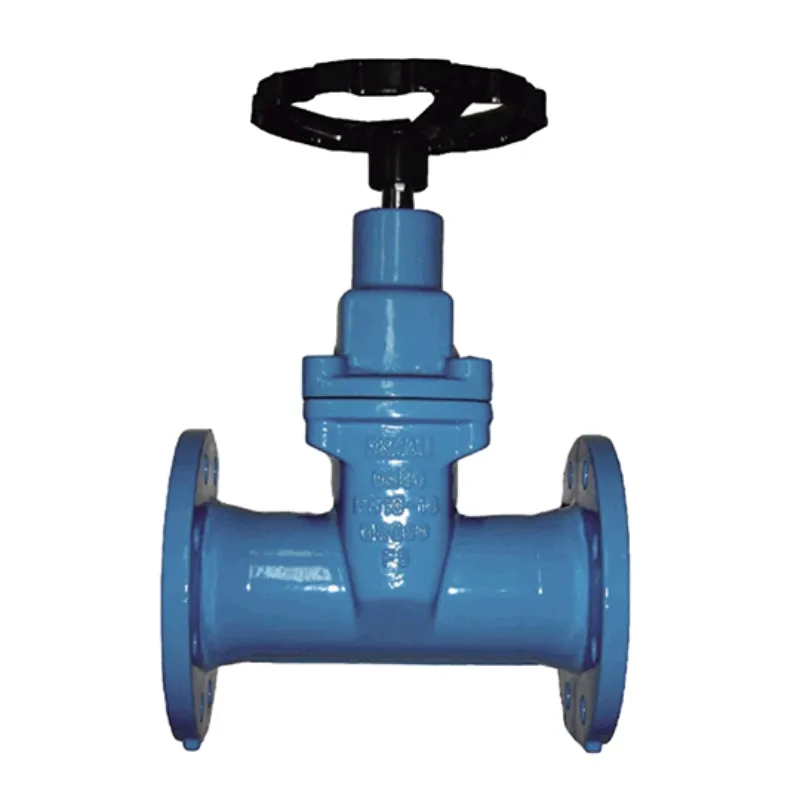نويابىر . 17, 2024 07:54 Back to list
slurry knife gate valve
Understanding Slurry Knife Gate Valves A Comprehensive Overview
In industries dealing with the transport and handling of slurry, having the right equipment is paramount. Among various types of valves, the slurry knife gate valve stands out as a crucial component due to its unique design tailored for handling thick and viscous materials. This article delves into the features, applications, advantages, and maintenance of slurry knife gate valves.
What is a Slurry Knife Gate Valve?
A slurry knife gate valve is a type of valve specifically engineered to manage the flow of slurries, which are mixtures of solid particles suspended in a liquid. These valves are particularly designed with a knife-like blade that slices through the slurry to create an effective shut-off, minimizing the potential for sediment build-up and ensuring reliable flow control. The construction typically involves robust materials to withstand the abrasive nature of slurries, making them suitable for various industrial applications.
Key Features
1. Blade Design The most distinguishing feature of a knife gate valve is its flat, sharp-edged blade. This design is effective in cutting through the slurry, allowing for a clean sealing surface. As the valve opens and closes, the blade minimizes the chances of clogging and ensures smooth operation.
2. Sealing Mechanism Slurry knife gate valves usually employ a resilient seat that enhances their sealing capabilities. This design is critical in preventing leaks, especially when dealing with corrosive or abrasive materials.
3. Actuation Options These valves can be operated manually or automatically, depending on the application needs. Manual valves are typically equipped with handwheels, while automated options may include pneumatic or electric actuators.
4. Durable Construction Made from high-quality materials such as stainless steel, cast iron, or specially coated alloys, slurry knife gate valves are built to handle extreme conditions, including high pressure and temperature fluctuations.
Applications
Slurry knife gate valves are predominant in various industrial sectors, including
slurry knife gate valve

- Mining Used for the transportation of ores and tailings. - Water Treatment Employed in processes that involve wastewater or sludge management. - Pulp and Paper Essential for moving fiber mixtures and managing pulp flow. - Chemical Processing Applied in handling various viscous chemicals and substances.
Advantages
1. Efficient Flow Control These valves provide excellent control over slurry flow, ensuring efficient operation in processes where precision is necessary.
2. Reduced Maintenance Costs Due to their rugged construction and design, slurry knife gate valves often require less frequent maintenance compared to other valve types, ultimately saving time and resources.
3. Versatility With options for manual or automated operation, slurry knife gate valves can be tailored to meet specific operational needs across various industries.
4. Enhanced Safety By providing a reliable shut-off mechanism, these valves help enhance safety in operations involving potentially harmful slurries.
Maintenance Considerations
Proper maintenance is essential to ensure the longevity and reliability of slurry knife gate valves. Regular inspections should include checking for any signs of wear, verifying the integrity of the sealing surfaces, and ensuring that the actuators function smoothly. Cleaning the valve periodically can also help prevent material build-up that could impede its operation.
Conclusion
In summary, slurry knife gate valves are integral to industries handling thick, viscous materials. Their innovative design not only facilitates efficient flow control but also emphasizes durability and safety. Understanding the intricacies of these valves allows industries to make informed decisions, ensuring that their operations run smoothly and efficiently. Whether in mining, waste management, or chemical processing, investing in high-quality slurry knife gate valves can lead to significant operational advantages and cost savings.
Share
-
Reliable Wafer Type Butterfly Valves for Every IndustryNewsJul.25,2025
-
Reliable Flow Control Begins with the Right Ball Check ValveNewsJul.25,2025
-
Precision Flow Control Starts with Quality ValvesNewsJul.25,2025
-
Industrial Flow Control ReliabilityNewsJul.25,2025
-
Engineered for Efficiency Gate Valves That Power Industrial PerformanceNewsJul.25,2025
-
Empowering Infrastructure Through Quality ManufacturingNewsJul.25,2025